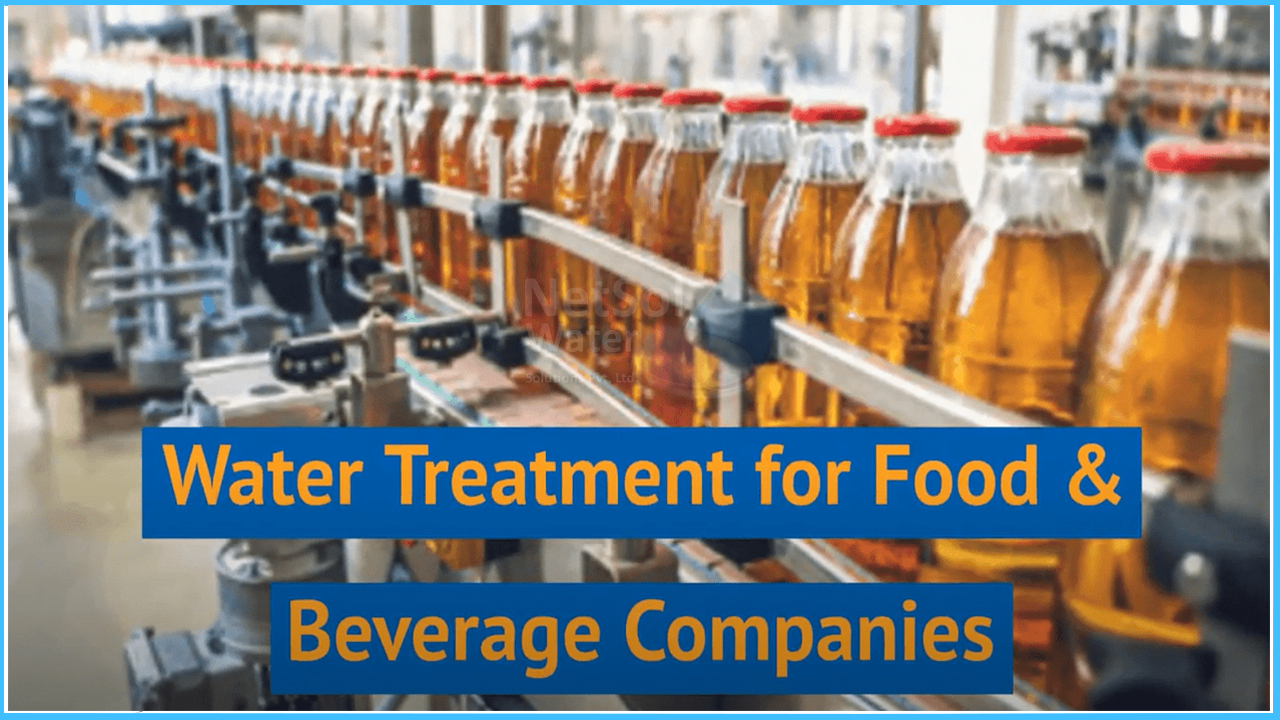Water is the lifeblood of the beverage industry. There is a lot to be concerned about given the area's water-escalated nature. Bottlers are dealing with both the risk of varying amounts and types of source water, as well as increasing pressure to reduce the amount of water they use. Bottlers will use filtration innovation as part of their danger the board system to normalise the nature of a wide range of accessible source water for creation, cleaning, and utility use.
Several trends have had an impact on both the food and beverage and filtration product industries. As the demand for purer, clearer, and more sustainable food and beverage products has increased, so have innovative solutions from leading filtration system manufacturers. NETSOL’Sfiltration has created customised membranes and filtration technologies for the food and beverage industries. Our micro, ultra, and nano filtration membranes are engineered to solve problems and create new opportunities.
FILTERATION IN BEVERAGE INDUSTRIES
Aside from population growth, modernization, and stricter environmental guidelines, other trends driving global development include the proliferation of channel applications across a wide range of end-markets, filtration mindfulness, wellbeing mindfulness, and the growing significance of customer brands. The food and beverage industry has its own set of patterns, cycles, and developments.
 The natural farming and food production pattern has raised concerns about sanitation, counterfeit sugars continue to undermine the sugar industry, and an expanded focus on manageability has also influenced the food and drink industry as more shoppers attempt to reduce their carbon footprints by selecting food sources with low "food miles." Also influencing food production are the removal of food wastes and abundance item bundling intended to keep items new. Filtration advances, when used correctly, can channel, isolate, concentrate, and explain fluid arrangements as well as follow guidelines.
The natural farming and food production pattern has raised concerns about sanitation, counterfeit sugars continue to undermine the sugar industry, and an expanded focus on manageability has also influenced the food and drink industry as more shoppers attempt to reduce their carbon footprints by selecting food sources with low "food miles." Also influencing food production are the removal of food wastes and abundance item bundling intended to keep items new. Filtration advances, when used correctly, can channel, isolate, concentrate, and explain fluid arrangements as well as follow guidelines.
HOW FILTERATION BENEFITS FOOD AND BEVERAGE INDUSTRY
- 1. WINE PRODUCTION: Customers expect robust, clear wines that are free of sediment and clouding. Among the filtering technologies used in wine production are:
- i. Clarifying or trap filtration: Removes earth powders and particles while also "polishing" the wine.
- ii. Fine filtration:This process removes yeast and is frequently used as a pre-sterilization step.
- iii. Sterile Membranes Filtration:It removes spoilage organisms.
- 2. BEER PRODUCTION:Beer, like wine, goes through clarification and fine filtration processes. Sterile membrane filtration and cold stabilisation are two methods of sterilisation used in beer production.
- 3. SODA FILTRATION: Filtration is used to filter and de-chlorinate water, clearly outline ingredients and finished products, and control microorganisms. Filtration has several advantages over traditional food and beverage production methods. Filtration and separation technology can be used to:
- i. Filter out unwanted substances from food and beverages.
- ii. Distinguish desirable materials from ingredients, food and beverage products, and waste streams. Ingredients that are concentrated, such as tea or protein, should be used.
- iii. Make food and beverage products more clear.
- iv. Cleanse food and beverage products.
Furthermore, filtration and separation technology assists the food and beverage industry in meeting global sustainability regulations as well as its own internal sustainability initiatives



